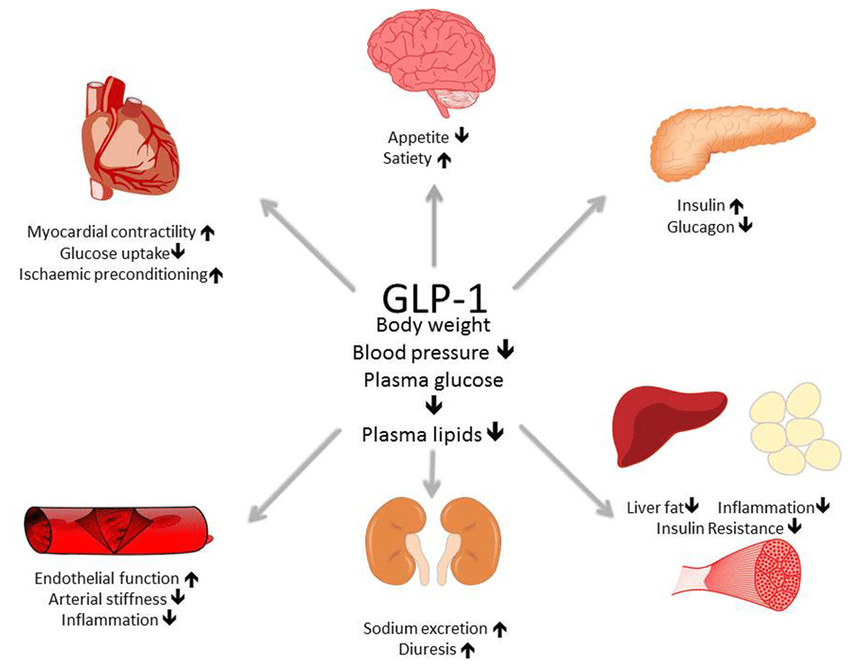
Hormone Blueprint to Achieve Balance for Better Energy, Mood, and Longevity
The Hormone Blueprint: How to Achieve Balance for Better Energy, Mood, and Longevity
Introduction
Hormones are your body’s internal messengers, regulating everything from energy levels, metabolism, and mood to sleep, reproductive health, and cognitive function. When in balance, hormones help you feel your best—full of energy, emotionally steady, and ready to tackle life’s challenges. But even small imbalances can leave you feeling fatigued, irritable, and out of sync.
At Sydenham Clinic, we believe that achieving hormonal balance is one of the most powerful steps you can take to optimize your health and longevity. Through precision diagnostics and functional medicine, we create personalized hormone plans that help you live in harmony with your body.
Why Hormones Matter
Hormones act like chemical messengers, coordinating complex processes across the body. They are produced by endocrine glands, such as the adrenal glands, thyroid, and pancreas. When your hormones are working properly, you may not even notice them. However, disruptions—whether due to stress, aging, poor diet, or environmental factors—can cause a ripple effect that impacts your overall well-being.
Some of the most common symptoms of hormone imbalance include:
– Chronic fatigue or low energy
– Weight gain, particularly around the midsection
– Brain fog or trouble concentrating
– Difficulty sleeping
– Mood swings or increased irritability
– Low libido or changes in reproductive health
Key Hormones to Monitor
To understand hormone balance, it’s helpful to know the key players and their roles:
1. Cortisol (The Stress Hormone):
Produced by the adrenal glands, cortisol helps regulate your body’s stress response. While cortisol is essential for survival, chronic stress causes levels to remain elevated, leading to inflammation, weight gain, and poor sleep.
2. Thyroid Hormones (T3 and T4):
Your thyroid regulates metabolism, energy levels, and even mental clarity. Hypothyroidism (low thyroid function) can result in fatigue, hair loss, and weight gain, while hyperthyroidism (overactive thyroid) may cause anxiety, weight loss, and insomnia.
3. Estrogen and Testosterone:
These reproductive hormones are often associated with women and men, respectively, but both are vital to everyone’s health. Estrogen and testosterone impact mood, bone density, metabolism, and libido. Declines in these hormones, particularly during menopause or andropause, can cause significant symptoms.
4. Insulin:
Insulin regulates blood sugar levels. Imbalances, often caused by poor diet or metabolic issues, can lead to insulin resistance, diabetes, and inflammation.
Achieving Hormonal Balance: Key Strategies
If you’re struggling with symptoms of hormonal imbalance, don’t worry—there are steps you can take to regain balance. Here are some strategies to get you started:
1. Prioritize Nutrition:
Your diet has a significant impact on hormone production and balance.
– Focus on whole, nutrient-dense foods like leafy greens, lean protein, healthy fats (avocados, nuts, and olive oil), and complex carbohydrates (quinoa, sweet potatoes).
– Incorporate foods rich in omega-3 fatty acids, like salmon or flaxseeds, to reduce inflammation and support hormone health.
– Avoid excessive sugar, processed foods, and refined carbohydrates, which can spike insulin and disrupt cortisol levels.
2. Get Enough Quality Sleep:
Sleep is the body’s natural reset button. Poor sleep can disrupt cortisol, growth hormone, and insulin levels, creating a cascade of imbalances.
– Aim for 7–9 hours of restful sleep each night.
– Create a consistent bedtime routine by limiting screen time, reducing caffeine in the afternoon, and sleeping in a cool, dark environment.
3. Manage Stress Effectively:
Chronic stress wreaks havoc on cortisol and other hormones. Incorporating stress-management techniques can help balance your stress response.
– Practice mindfulness, meditation, or deep breathing exercises.
– Include regular physical activity, such as walking, yoga, or strength training. Exercise helps regulate cortisol and boosts mood-enhancing endorphins.
4. Stay Active:
Exercise plays a critical role in hormone health, supporting everything from metabolism to stress relief.
– Mix in a variety of workouts, such as resistance training, cardio, and low-impact exercises, for optimal results.
5. Test, Don’t Guess:
The most effective way to achieve hormonal balance is to identify your unique needs through precision diagnostics. At Sydenham Clinic, we offer advanced testing to evaluate hormone levels, identify imbalances, and create tailored treatment plans. This may include bioidentical hormone therapy, supplements, nutrition coaching, and lifestyle adjustments.
The Path to Balance
Achieving hormonal harmony isn’t about quick fixes—it’s about understanding what your body needs and providing it with the right support. By focusing on nutrition, sleep, stress management, and personalized care, you can restore balance and experience better energy, mental clarity, and overall well-being.
At Sydenham Clinic, our team is dedicated to helping you live a longer, healthier life through functional and precision medicine. If you’re ready to take control of your health, let’s start with your hormones.




